A programme for people wishing to systematically master didactic design (instructional design) in different segments of education, systematize their practice in current activities or master a wider toolkit for designing a program in a new format for themselves.
learning experience design
post-diploma certificate
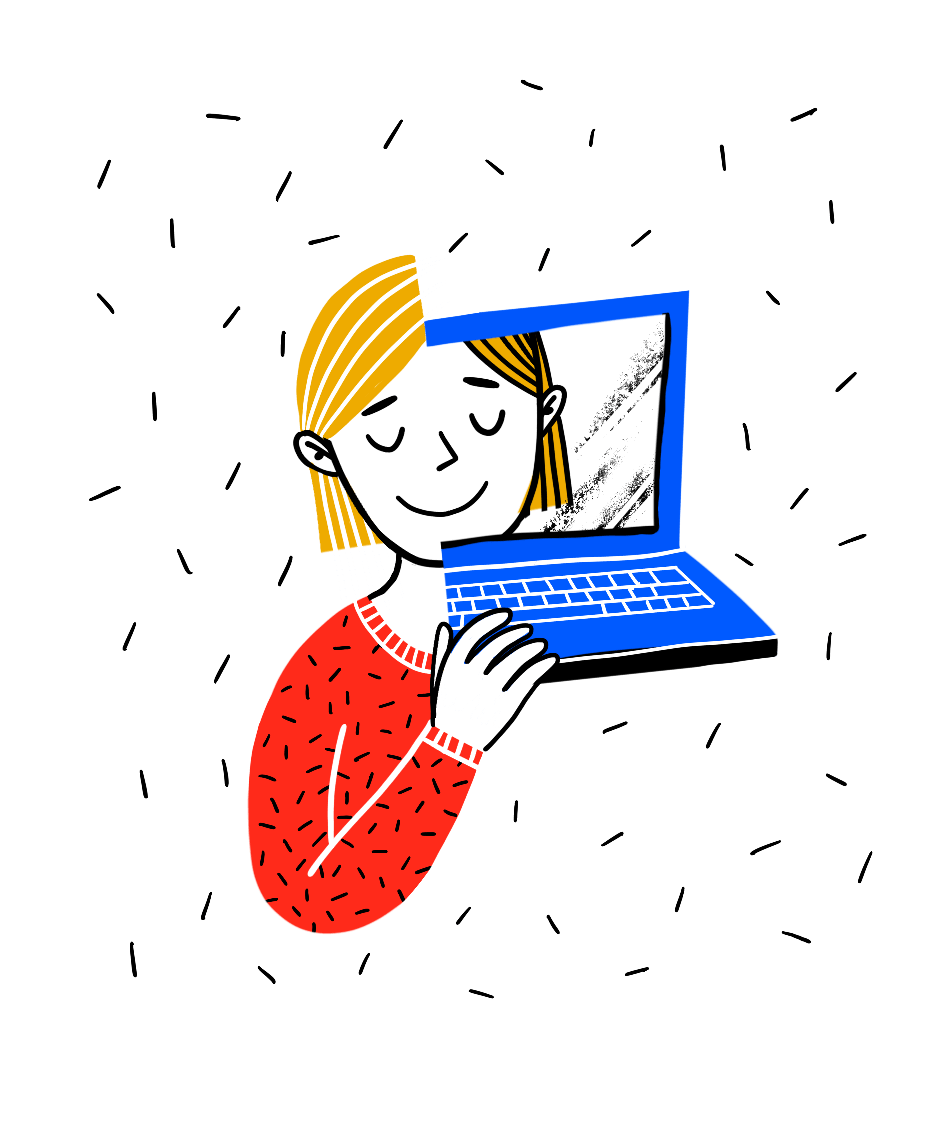
about the programme
October 1, 2023 — July 27, 2024
465 academic hours
A program consists of weekly online meetings with teachers to review the homework done, intensive online sessions of 2 days every one and a half months and project work in teams.
The training takes place completely online, but if desired, participants will organize offline meetings in different cities of the world.
465 academic hours
A program consists of weekly online meetings with teachers to review the homework done, intensive online sessions of 2 days every one and a half months and project work in teams.
The training takes place completely online, but if desired, participants will organize offline meetings in different cities of the world.
During the training, students will collect a methodological portfolio from the developed training programs, which confirms the professional skills of students and possession of a wide range of tools and techniques.
In parallel, students go through several rounds of project work in teams, which consists in developing programs based on briefs from teachers or a partner educational organization.
Training takes an average of 11−12 hours per week, including synchronous classes 1−2 times a week.
In parallel, students go through several rounds of project work in teams, which consists in developing programs based on briefs from teachers or a partner educational organization.
Training takes an average of 11−12 hours per week, including synchronous classes 1−2 times a week.
you will learn
to identify the needs of the audience, write clear learning outcomes, and create competence maps
to design programmes online and offline, working in all the most popular methodological frameworks, evaluate the effectiveness of the programme and the results of students
to lead teams to design complex educational programmes
to develop programmes for primary, secondary, further, and higher education, and for corporate trainings
curriculum
The programme consists of 12 disciplines and project track. The first 4 basic disciplines are also studied throughout the year
- context research through foresight techniques
- audience analysis: interviews and observations
- quantitative research methods
- reading academic literature
- analysis of various taxonomies and approaches to the description of the educational result (Bloom's taxonomy, Marzano, SOLO)
- design models from the result (for example, Understanding by Design)
- program design through adherence to the principle of constructive consistency
- problem-based design models (for example, 4C/ID)
- experiential learning models
- study of methods and approaches to learning and teaching in various fields (project-based learning, on-the-job training, the concept of liberal arts, etc.)
- creative learning design methods (CRAFT/ed, learning through art, etc.)
- designing an assessment system for an educational program
- assessment of learning, assessment for learning, assessment as learning (assessment of, for, as learning)
- Formative and summative assessment tools
- authentic assessment and developmental assessment
- feedback in learning and development of self-assessment skills
- environmental approach to the design of educational programs
- designing a developmental environment through physical, digital, cultural, psychological and social components
- design and analysis with student experience map
- work with the customer: briefing, receiving and setting the task, the ability to build work with the client
- work on project assignments (consultations, briefings, presentations of projects within four project rounds)
- thesis and preparation for defense: visual creation of a methodological portfolio and public speaking (presentation skills)
- individual tutoring with a supporting practitioner
- history of pedagogy from antiquity to the 70s of the XX century
- soviet experimental pedagogical schools
- history of the formation of the East
- history of andragogy
- periodization of mental development
- preschool, primary school, adolescence and adolescence
- attributes of an evidence-based approach in education
- validation of ideas, search for confirmations and refutations, work with sources
- facts and myths in education
- fundamentals of the scientific method
- roles, rules of interaction, types of specialists in an educational project
- competencies and requirements for different roles in the design of the implementation of an educational project
- approaches to organizing team work, educational project management
- connection between attitudes and motivation
- continuum and typology of motivation to learn
- work with internal and external motivation
- how do the chosen teaching methods and technologies promote student motivation?
- pedagogical techniques and learning activities for designing children’s learning
- andragogical techniques and learning activities for designing adult learning
- group dynamics, work in different groups and management of motivation in learning
- content forms
- strategies for working with experts when designing learning
- participatory design practices
- metrics for evaluating the effectiveness of an educational program in addition to achieving an educational result
- data-driven program design
- the program as a learning ecosystem that forms the organization’s product portfolio
- testing ideas and hypotheses of the educational program
- legal regulation in the field of education and in the field of enlightenment
- types of education and features of regulation of activities in them
- educational program
- licensing and accreditation
Ask question
programme command
- Sonya SmyslovaProgramme author, co-founder of the School of Education, PhD student at the University of Cambridge
- Daria IlishkinaCurator and teacher of the programme, instructional designer, PhD student at the University of Maastricht
- Maria UnilainenCurator of the programme, methodologist of the evaluation team of the Design Department at Yandex Practicum
- Lena PelageevskayaCo-curator and programme manager, methodologist of educational programmes
instructors
In addition to the curators and main staff of the programme, we invite leading experts, practitioners and theorists with guest lectures and case studies. The main disciplines are:
- Alexander SychevDirector of Presium Education, lecturer at the SKOLKOVO Business School
- Alexander FeninLead UX Researcher @ Juro, formerly Lead User Researcher @ Sberclass
- Dmitry AbbakumovLead UX Researcher @ Juro, formerly Lead User Researcher @ Sberclass
- Natalya VorobievaCPO at GoPractice Inc.
- Evgenia RashchupkinaCo-founder of LXD-hero, educational program consultant
- Petr MazaevCoordinator IB DP at the European Gymnasium Head of the Humanities Department of the school Le Sallay dialogue
- Katerina PolivanovaResearch Supervisor, Center for Contemporary Childhood Research, Institute of Education, National Research University Higher School of Economics
- Anna VybornovaRussian language teacher at the Letovo School and head of the linguistic track at the HSE Master’s
- Anastasia SveshnikovaHead of Digital-learning at a federal retail company
- Anastasia ZhdanovskayaToloka AI methodologist, lecturer at Moscow State University
- Konstantin GlazkovCandidate of Sciences in Sociology, Associate Professor, National Research University Higher School of Economics
- Anastasia SerazetdinovaAcademic Director of Adriatic College in Montenegro
- Ekaterina ZorinovaRosobrnadzor expert, vice-rector of the European University
- Galina TurchakRosobrnadzor expert, vice-rector of the European University
- Alexander SychevDirector of Presium Education, lecturer at the SKOLKOVO Business School
- Alexander FeninLead UX Researcher @ Juro, formerly Lead User Researcher @ Sberclass
- Katerina PolivanovaResearch Supervisor, Center for Contemporary Childhood Research, Institute of Education, National Research University Higher School of Economics
- Petr MazaevCoordinator IB DP at the European Gymnasium Head of the Humanities Department of the school Le Sallay dialogue
- Dmitry AbbakumovLead UX Researcher @ Juro, formerly Lead User Researcher @ Sberclass
- Evgenia RashchupkinaCo-founder of LXD-hero, educational program consultant
- Natalya VorobievaCPO at GoPractice Inc.
- Anna VybornovaRussian language teacher at the Letovo School and head of the linguistic track at the HSE Master’s
- Anastasia SveshnikovaHead of Digital-learning at a federal retail company
- Anastasia ZhdanovskayaToloka AI methodologist, lecturer at Moscow State University
- Konstantin GlazkovCandidate of Sciences in Sociology, Associate Professor, National Research University Higher School of Economics
- Anastasia SerazetdinovaAcademic Director of Adriatic College in Montenegro
-
Ekaterina Zorinova
Rosobrnadzor expert, vice-rector of the European University - Galina TurchakRosobrnadzor expert, vice-rector of the European University
you will
obtain comprehensive knowledge of teaching methods and acquire professional skills necessary for a job in education
receive diploma of professional retraining
create portfolio of educational programmes based on real-life cases set by the School’s partners
receive diploma of professional retraining
create portfolio of educational programmes based on real-life cases set by the School’s partners
case studies for the previous intake were provided by
where does a programme take place

zoom for synchronous online classes with a teacher

miro board for collaboration in synchronous online classes

LMS-platform where video tutorials, materials, templates and recordings of synchronous meetings are laid out

chat for discussion of theory and group projects
The content of this manual reveals, complements and structures all aspects of the educational content of the Designing Educational Experience program. The methodological manual, co-authored and compiled by Sonya Smyslova, will be received by the students of the program for free!
And if you want to dive deeper into themes that make up the practice of curriculum design, order Sonya Smyslova's guide book.
And if you want to dive deeper into themes that make up the practice of curriculum design, order Sonya Smyslova's guide book.
guide book
* including VAT

It is possible to pay in two stages from individuals and legal entities. When paying for training of 3 or more employees, a discount. The conclusion of the contract is possible only after the approval of the application by the curator.
A programme is completely in Russian.
A programme is completely in Russian.
start — October 1, 2023
185 000 ₽*
Apply
Подать заявку на обучение
Набор на программу 2023−2024 учебного года будет открыт весной 2023 года. Пожалуйста, оставьте свои контактные данные, и мы проинформируем вас об открытии набора


